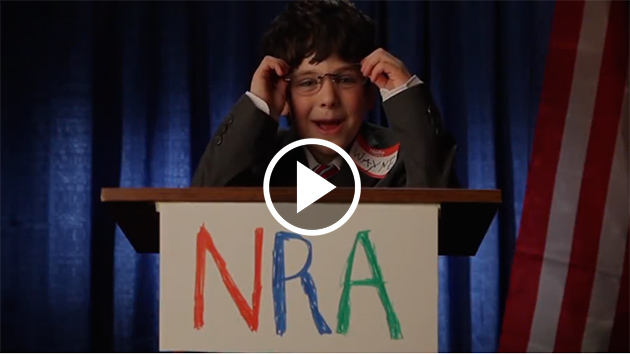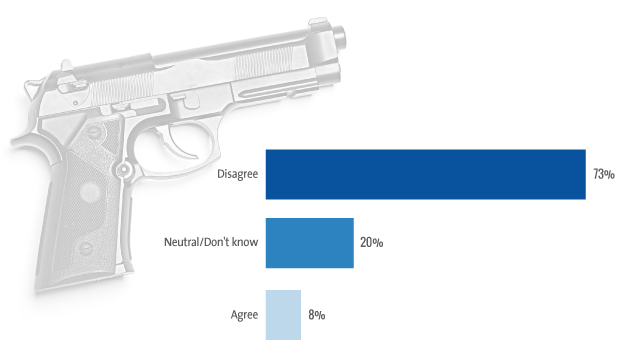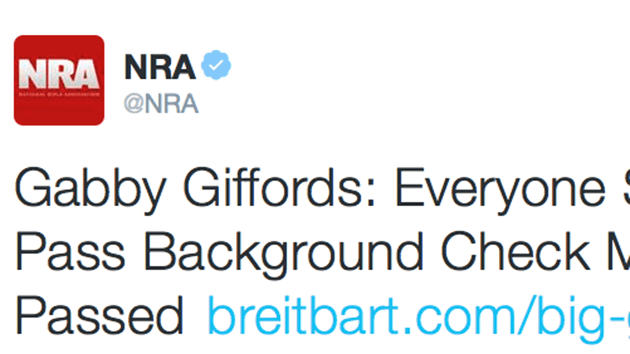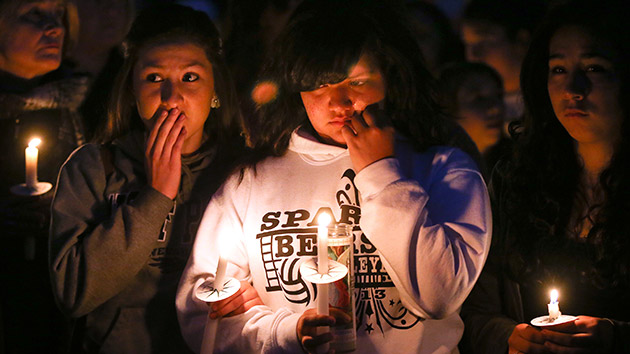
<a href="http://www.shutterstock.com/s/gun+violence/search.html?page=6&thumb_size=mosaic&inline=259007879" target="_blank">Di Studio</a>/Shutterstock
In the United States, most people diagnosed with mental illness are allowed to buy guns. While state laws vary, federal law prohibits only those who have been committed to a psychiatric hospital or adjudicated as “mental defectives” from owning firearms.
But researchers at Duke University suspect that the law is ignoring a group of Americans who could make for potentially dangerous gun owners: people with a history of angry, impulsive outbursts. In a study published this month in the peer-reviewed journal Behavioral Sciences and the Law, the Duke team looked at more than 5,500 interviews conducted in a landmark survey of mental illness by Harvard researchers. From the interviews, they extrapolated that 1 in 10 adults in the United States has an anger management problem—and access to firearms.
One caveat: While it makes intuitive sense that angry people and guns would be a volatile combination, it’s important to note that there is no data yet on whether people with anger problems are more likely to commit violent crimes. Still, lead author Jeffrey Swanson believes that the finding is worrisome. “Probably the strongest predictor of violence is previous violent behavior,” says Swanson, a professor in psychiatry and behavioral sciences at Duke Medicine.
Swanson points to the recent shootings of three students near the University of North Carolina-Chapel Hill. The alleged shooter, Craig Stephen Hicks, had a history of threatening behavior. “People who knew him said that he was very angry; they were scared of him,” says Swanson.
And yet, in most states, even people who have committed violent misdemeanors or have had restraining orders issued against them for domestic violence are allowed to own guns.
Meanwhile, people with the types of severe psychiatric problems that lead to involuntary commitment, like schizophrenia and bipolar disorder, commit just 4 percent of violent crimes in the United States. Most people with those acute conditions are not prone to violence.
However, Swanson doesn’t believe that isolated incidents of anger should prevent people from buying guns—everyone gets angry once in a while. But “the group that we focus on goes far beyond regular anger,” he says. “These individuals are off on the extreme.” They often get into physical fights and break or smash things when they become upset.
Some states have tried to address the problem with laws that allow police to temporarily seize weapons from people whom a court deems immediately dangerous based on testimony from those who know the individual and his or her behavior. Currently, just three states—California, Connecticut, and Indiana—have versions of these laws.
In most places, a history of violence isn’t enough to make authorities think twice about whether an individual should be allowed to own a gun. “The way the law is set up now, it’s missing a lot,” says Swanson. “The most volatile people are slipping through the cracks.”












